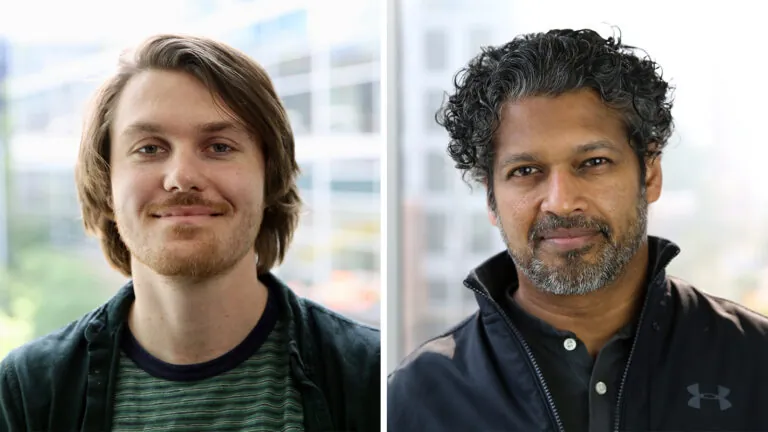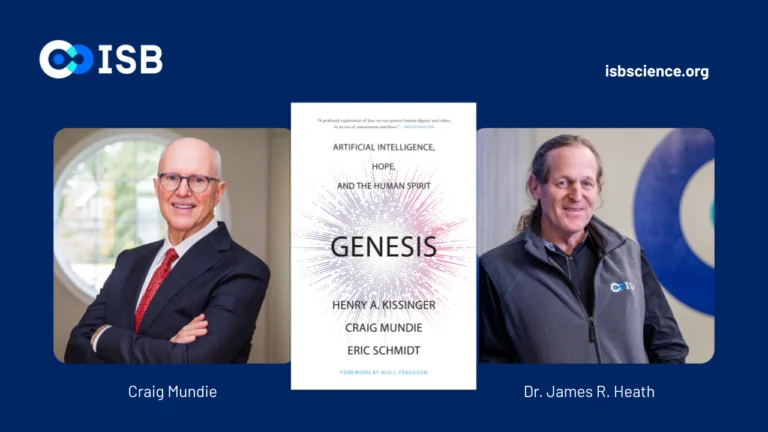
How Generative AI Is Helping Decode the Human Immune System
In a Research Roundtable presentation and Q&A, ISB President Dr. Jim Heath shared how his team is using generative AI to unlock new understanding of human immunity, and how these discoveries could help predict disease severity, improve cancer therapies, and more.




